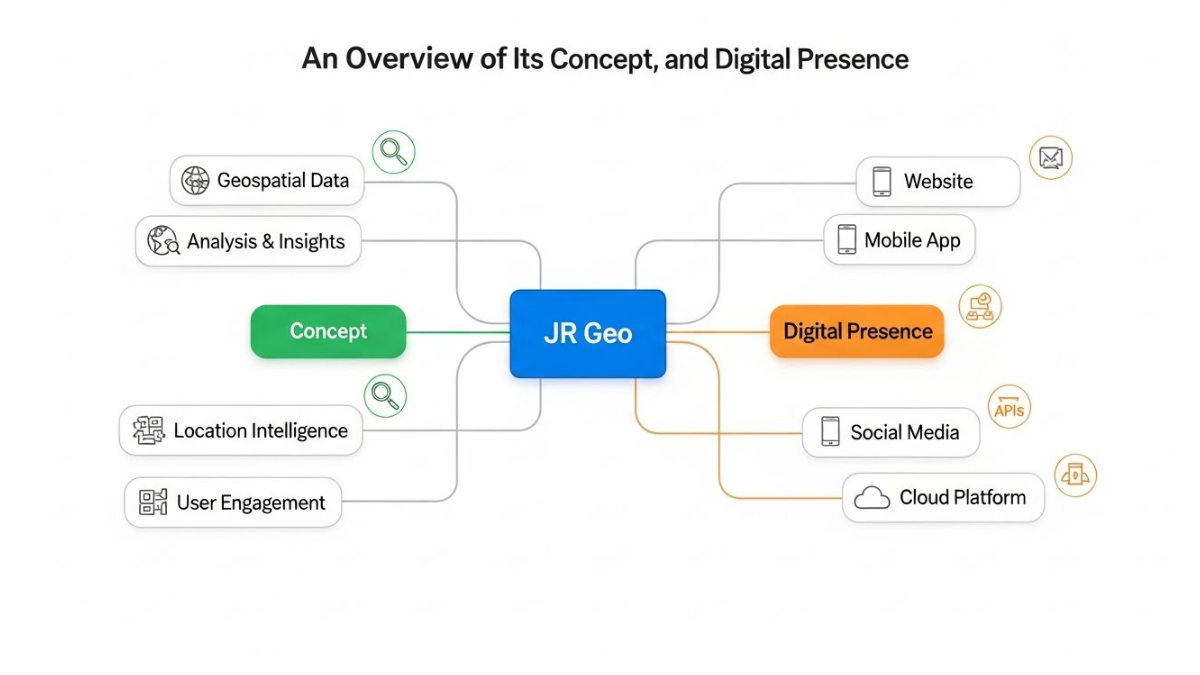In recent years, immigration has become a central issue in the United States. With thousands of migrants, including unaccompanied minors, arriving at the border, the federal government has had to act swiftly. One critical solution has been the DOGE HHS migrant housing contract, which outlines the terms under which housing facilities are provided for migrant individuals and families. This article explores the structure, significance, controversies, and future of this vital contract.
What Is the DOGE HHS Migrant Housing Contract?
The DOGE HHS migrant housing contract is a government agreement involving the Department of Health and Human Services (HHS) and a contractor or organization—possibly referred to as DOGE—that provides housing and care services to migrants. These contracts help meet the urgent need for safe and secure accommodations for migrants detained or processed by U.S. border authorities.
Purpose of the Contract
The primary aim is to ensure temporary housing that meets federal standards for health, safety, and care. The contract usually covers the following services:
-
Basic shelter and sanitation
-
Food and nutrition
-
Medical services
-
Psychological counseling
-
Educational programming for children
The role of DOGE, as a contractor, is to execute these services efficiently and humanely under HHS guidelines.
Background on Migrant Housing in the U.S.
The Role of HHS
HHS, through its Office of Refugee Resettlement (ORR), manages the care of unaccompanied migrant children and vulnerable families. When border facilities overflow due to surging migrant arrivals, HHS activates private and nonprofit partners to provide temporary housing solutions.
Why Contracts Like DOGE Are Necessary
The federal government lacks the resources to manage large-scale migration surges alone. This is where public-private partnerships come in. The DOGE HHS migrants housing contract exemplifies this collaborative approach, combining government oversight with outsourced service delivery.
Key Features of the DOGE HHS Migrant Housing Contract
Understanding the specifics of the DOGE HHS migrant housing contract can shed light on its broader social and political implications.
1. Scope and Duration
Most contracts like this are time-bound and depend on immediate needs. They may last for a few months to several years, depending on migrant influx trends.
2. Funding Structure
These contracts are federally funded and can be worth millions of dollars. The funding supports staffing, supplies, housing infrastructure, and medical equipment.
3. Compliance and Auditing
To maintain transparency, contractors under HHS must comply with strict guidelines. Periodic audits and inspections are conducted to ensure proper care and resource utilization.
Controversies Surrounding the DOGE HHS Migrant Housing Contract
Concerns About Oversight
Critics argue that contracts like the DOGE HHS migrant housing contract may lack proper oversight. Past cases have exposed overcrowding, inadequate food, and insufficient mental health support in some facilities.
Questions About Contractor Credentials
Another major concern is whether contractors like DOGE have adequate experience. Critics emphasize the need for child welfare specialists, licensed medical staff, and bilingual counselors.
Financial Transparency
There are also calls for better financial reporting. With millions allocated, watchdog groups urge more accountability to prevent misuse of public funds.
Impact on Migrants and Local Communities
Positive Effects
When executed properly, contracts like this can offer migrants dignity, safety, and critical services during their most vulnerable moments. Access to education, health care, and counseling can transform the migrant experience from traumatic to transitional.
Local Economic Benefits
Communities where housing centers are built may benefit economically. Job creation for health workers, educators, and logistics staff can boost local economies.
Community Pushback
Despite the positives, some communities oppose the construction of migrant shelters, citing resource strain, zoning issues, or political disagreements. In these cases, communication and transparency from DOGE and HHS are essential.
Legal and Ethical Considerations
Child Welfare Laws
The DOGE HHS migrant housing contract must comply with the Flores Settlement Agreement, a landmark ruling that governs the treatment of detained migrant children. This includes limits on detention times and requirements for safe, sanitary housing.
Human Rights Principles
Ethically, all contractors must treat migrants with respect and dignity, regardless of their legal status. Violations can lead to lawsuits, media backlash, and contract termination.
Future of the DOGE HHS Migrant Housing Contract
Evolving Needs
As immigration patterns shift, the nature of these contracts will also evolve. Climate migration, political unrest in Latin America, and economic instability may increase the number of migrants needing temporary housing.
Potential Reforms
Legislators and advocacy groups are calling for reforms, including:
-
Greater transparency in contract bidding
-
Regular public reporting on conditions
-
Higher standards for contractor qualifications
Emphasis on Long-Term Solutions
While the DOGE HHS migrants housing contract is a short-term fix, there is a growing emphasis on long-term solutions like community placement, sponsor families, and permanent resettlement programs.
Conclusion
The DOGE HHS migrant housing contract represents a critical tool in addressing the complex challenges of modern immigration. By partnering with organizations like DOGE, the U.S. government can respond quickly to humanitarian needs. However, with great responsibility comes the need for transparency, accountability, and compassion. As public awareness grows, so does the demand for policies that protect the rights and dignity of all people—regardless of where they come from.














